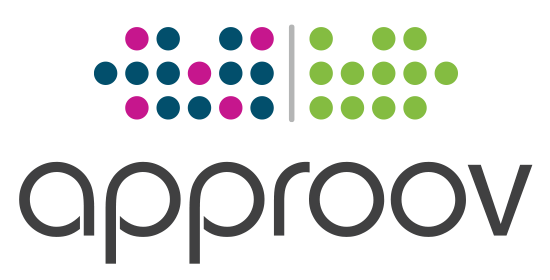Approov Blog
Healthcare (2)
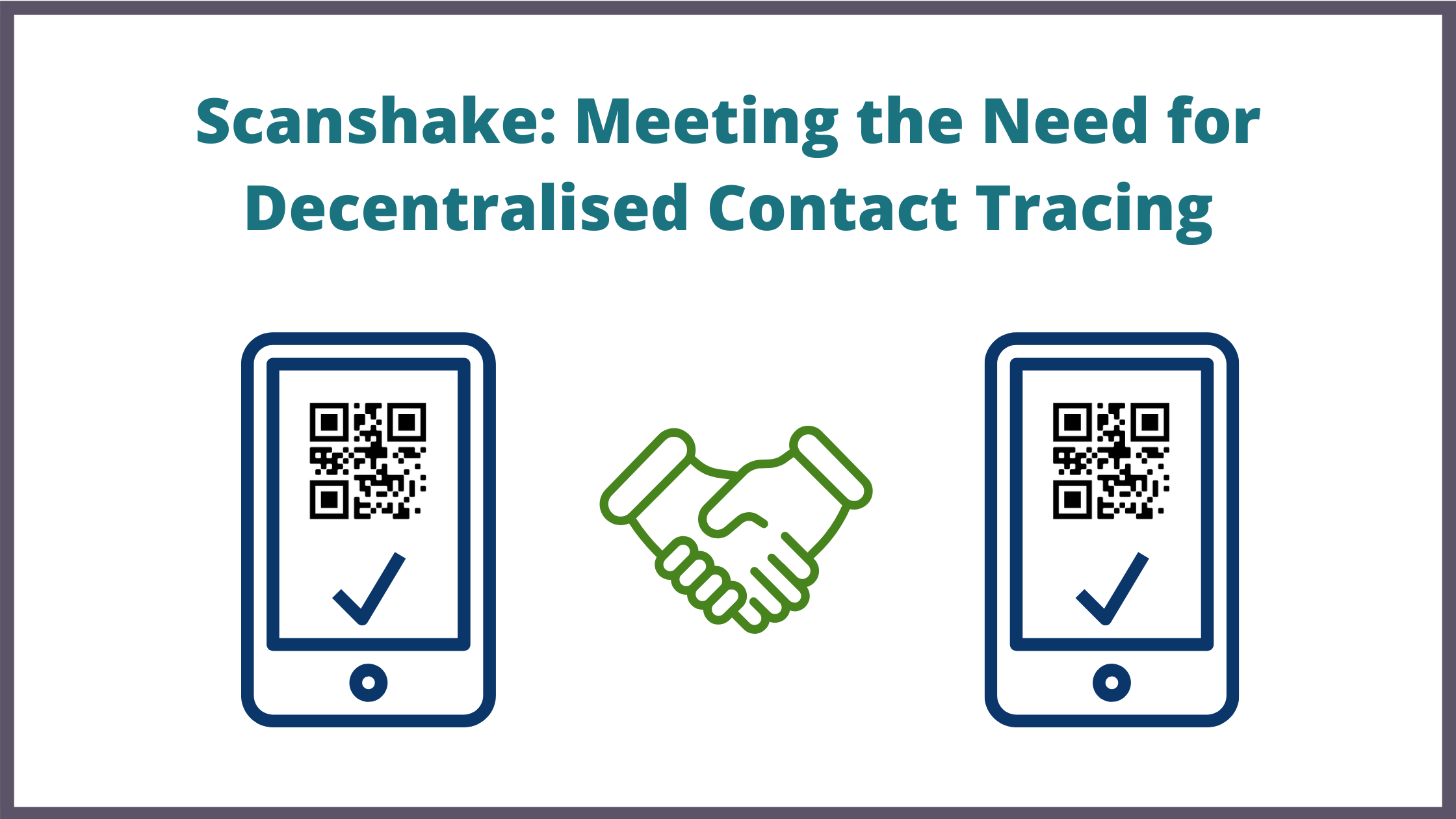
Scanshake: Meeting the Need for Decentralised Contact Tracing
June 25, 2020
As we discussed in our previous blog, there is a strong argument to be made that Bluetooth Contact tracing is too Blue Sky. The technology has been overhyped, over promised and, in the UK at least , the delivery so bungled that public confidence has been completely undermined. In the meantime we are stepping back to manual contact tracing efforts, with privacy characteristics that don’t come anywhere close to the lofty aspirations of decentralised contact tracing apps. Read Full Story
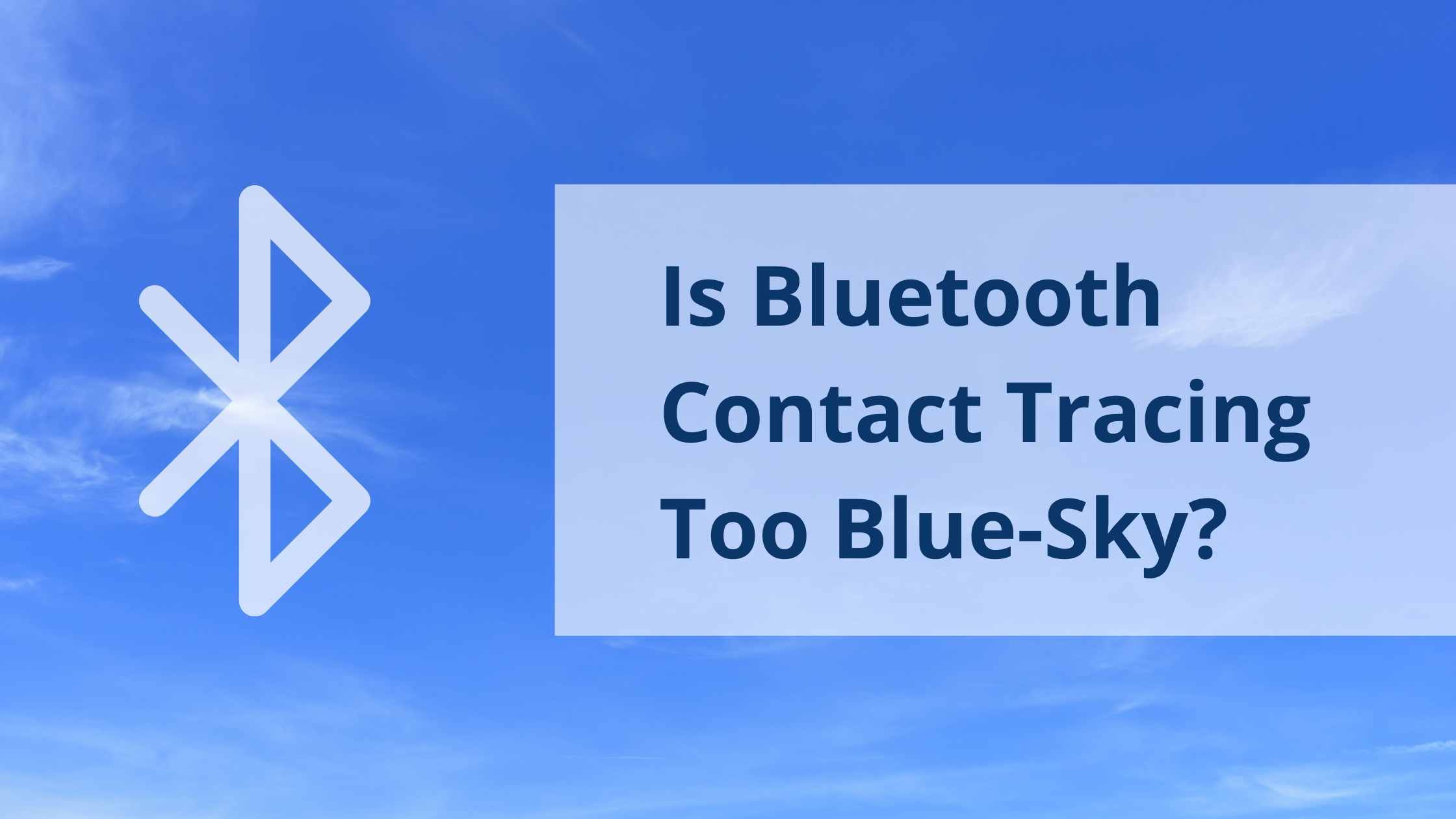
Is Bluetooth Contact Tracing Too Blue-Sky?
June 24, 2020
Contact tracing has been in the news a lot in recent months. No wonder. It’s widely seen as playing a key role in opening our societies up again after lockdown, and an important part of the strategy for countries that have already done well in suppressing transmissions. As technologists we, and many like us, immediately jumped onto the possibilities of Bluetooth. A ready made technology available on just about every smartphone designed for ubiquitous short range radio communication. Perfect. We just need to throw an app together and we can map all the contacts people are having day to day, so if anyone gets sick we can automatically alert anyone else that might have been exposed. Cool. Should be ready in a couple of weeks, right? Read Full Story
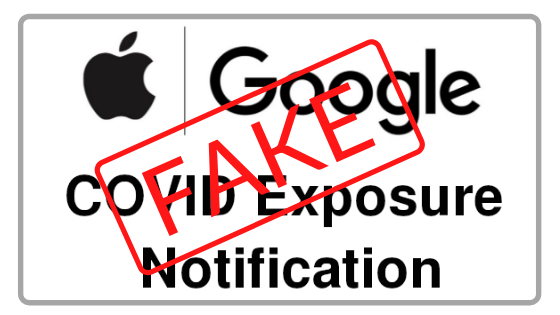
Preventing Faked Proximity
May 15, 2020
We’ve been thinking a lot about contact tracing apps in recent weeks. There are ongoing debates about whether a centralised or decentralised model is superior, and how the ensuing discussions around privacy will impact their takeup. Read Full Story

UK Contact Tracing App Privacy Risks
May 5, 2020
More details of the UK's controversial NHSX contact tracing app are being released as the app starts a wider scale trial on the Isle of Wight this week. NHSX is a digital transformation group associated with the UK National Health Service. Why controversial? There are many reasons, some to do with how the app development was initially procured, but also specifically from a technical perspective as the UK has opted for a centralised contact tracing approach rather than the decentralised model being championed by Apple and Google amongst others (including ourselves). Read Full Story
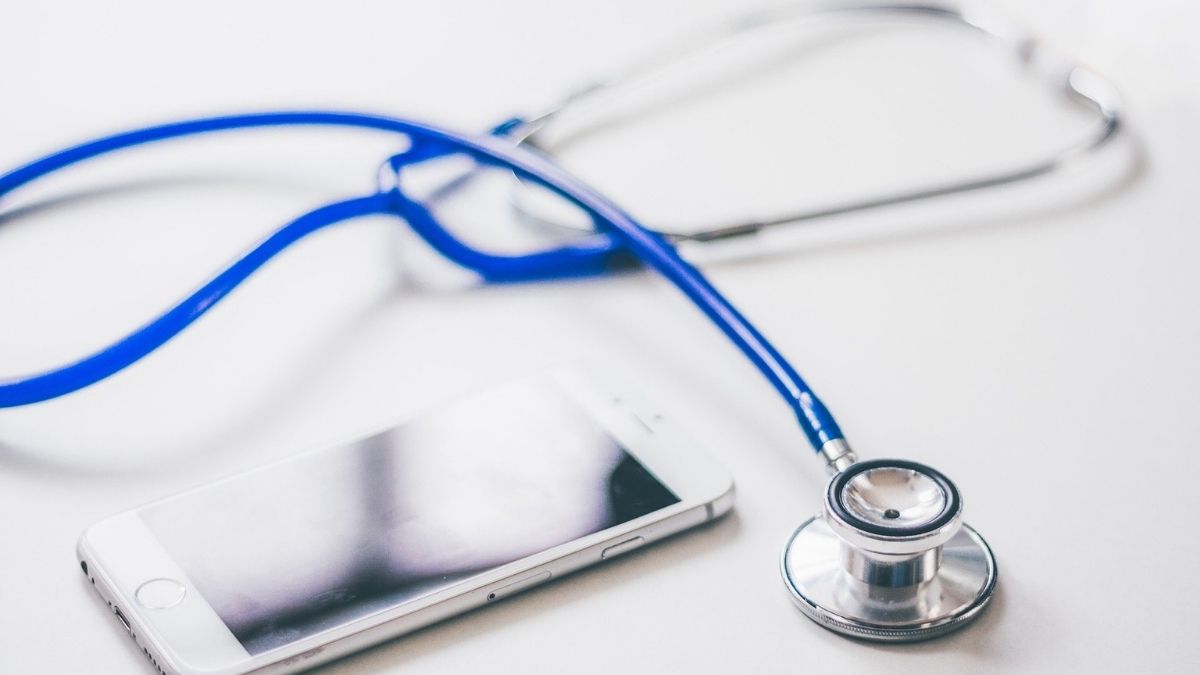
Protecting Personal Information & Sensitive Data In Mobile Health Apps
April 20, 2020
Recent years have seen a move towards cloud platforms and mobile health apps for citizens -- applications and data processing systems that enable ordinary people to interact with their health providers, make appointments with medical professionals, order prescriptions, and gain on-demand access to their medical records. The ongoing COVID-19 pandemic is putting greater emphasis on this trend, as citizens clamour for the latest news, advice, and best practices, while government and health organisations look to digital technologies to help them develop treatment protocols, track the progress of the virus spread, and monitor the condition of all those affected. Read Full Story
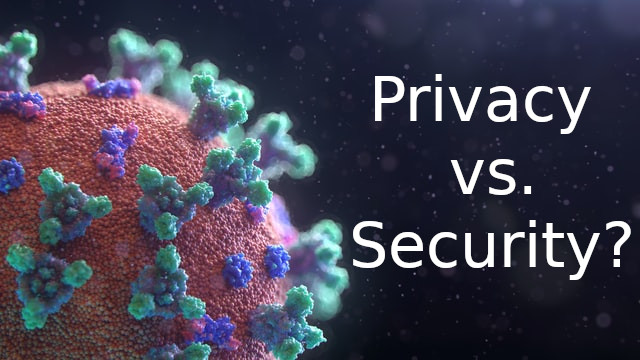
Contact Tracing Apps: Privacy vs. Security?
April 16, 2020
Photo by Fusion Medical Animation on Unsplash Last Friday, there was an unusual joint announcement from Apple and Google providing details of a new phone API for Covid-19 contact tracing via Bluetooth. The protocol allows mobile phones to continually transmit Bluetooth advertisements to one another. This includes a proximity identifier derived from randomly generated keys that can be held secretly on each device. If a phone user is later diagnosed with Covid-19, they are able to upload the daily tracing keys for those days when they might have been infectious. Read Full Story
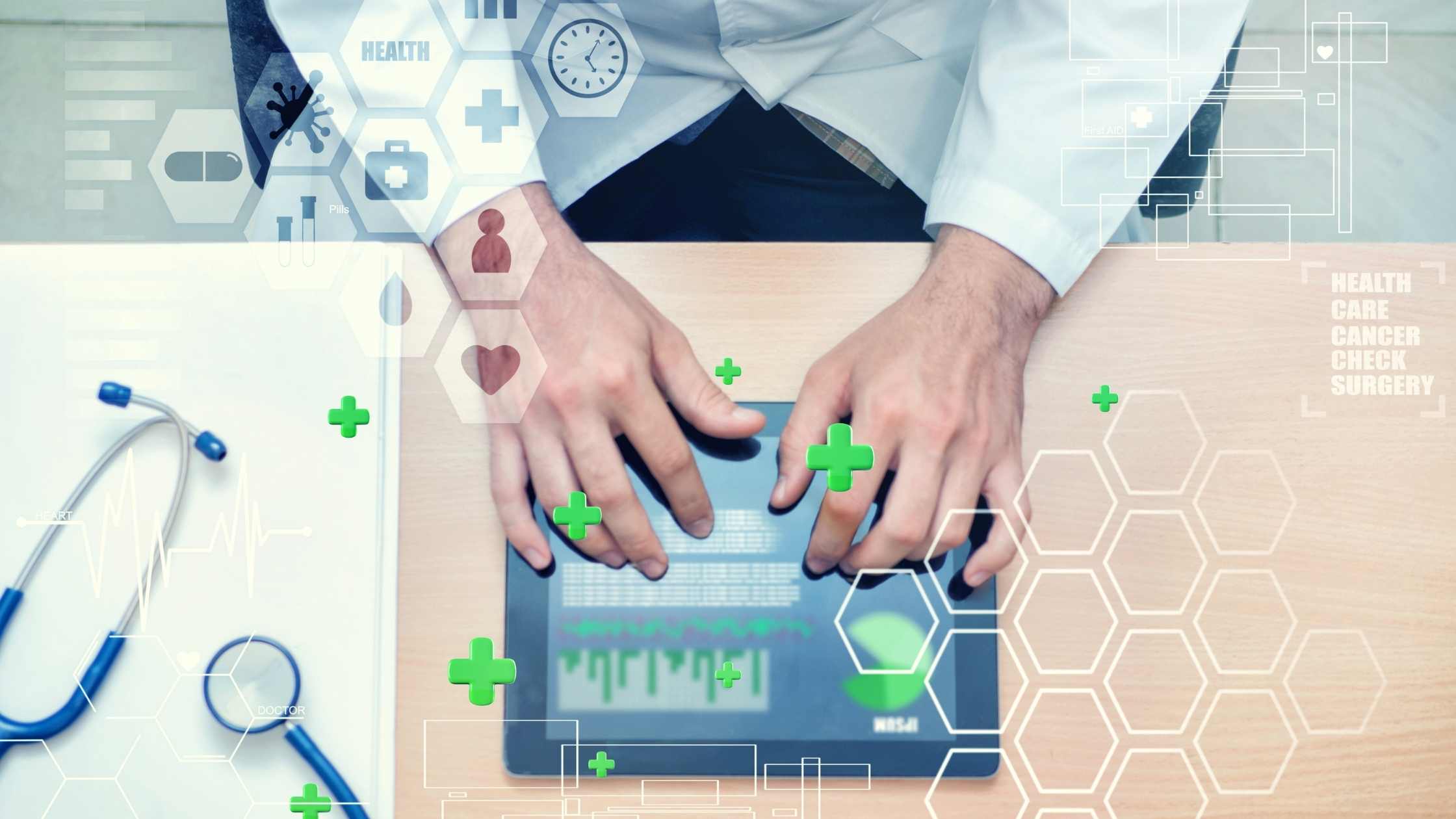
Digital Healthcare: MU3 and API Security
March 10, 2017
There is a revolution underway in healthcare in the USA. At its heart is MU3, Meaningful Use Stage 3 of the Electronic Health Record incentive program. One of the goals of this program is to empower patients and give them greater access to their medical records. Healthcare providers will have a legal responsibility to allow patients to access their data and they also have a responsibility to ensure the security of the data they provide. They have to walk a fine line between ease of access and security, and they have to do it by 2018. Read Full Story
